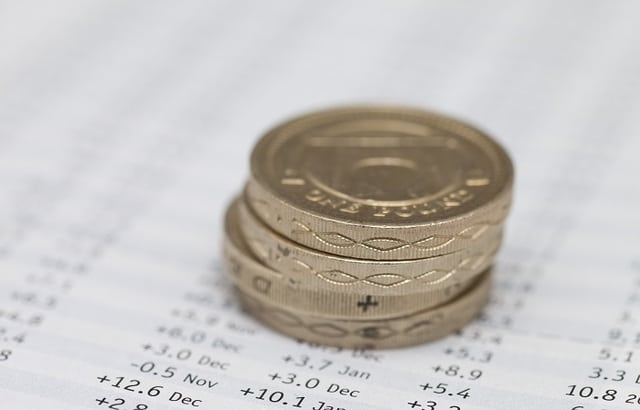Headline global dividends jumped 14.5% in the third quarter to $328.1bn (£247.8bn), which according to Janus Henderson is a record for third quarter dividend payments. It also led the Janus Henderson Global Dividend Index to hit 168.2, which is its highest level with companies on track to deliver record dividends this year.
Meanwhile, underlying dividend growth – which is adjusted for movements in exchange rates, special dividends and other factors – expanded by 8.4% which is the fastest increase in almost two years.
As a result, Janus Henderson has upgraded its forecast for 2017 dividends to a record $1.249trn, which would represent an increase of 7.4% in headline terms and 7.3% in underlying terms.
North American dividends dominated the third quarter, accounting for $4 of every $10 paid globally, with Canada seeing an 11% jump and the US a 9.2% increase on an underlying basis.
However, with underlying growth of 17.3%, it was UK dividends which saw the fastest rate of growth globally, thanks in large part to the mining sector.
After lagging far behind its global peers this year owing to the fall in sterling after Brexit, and a string of dividend cuts and cancellations from some of the nation’s biggest companies, the $29.6bn total was also some 12.7% higher on a headline basis.
Emerging markets saw the weakest performance in the third quarter, which Janus Henderson said was due to a third year of declines in China.
“In recent years it has been rare to see dividends growing in every region of the world at the same time,” said Ben Lofthouse, global equity income fund manager at Janus Henderson.
“As the global economy continues its long-awaited post-crisis normalisation, confidence is improving, and company profits are rising. Income investors are enjoying the benefits of this growth, as it feeds through into higher dividends.
“After record second and third quarters, the world’s listed companies are comfortably on course to deliver the highest ever annual total this year. Underlying growth is around twice as fast as we anticipated at the beginning of the year, helped by broad and synchronised global economic growth, while the headline growth rate has been pushed higher by a weaker US dollar and higher special dividends.”










